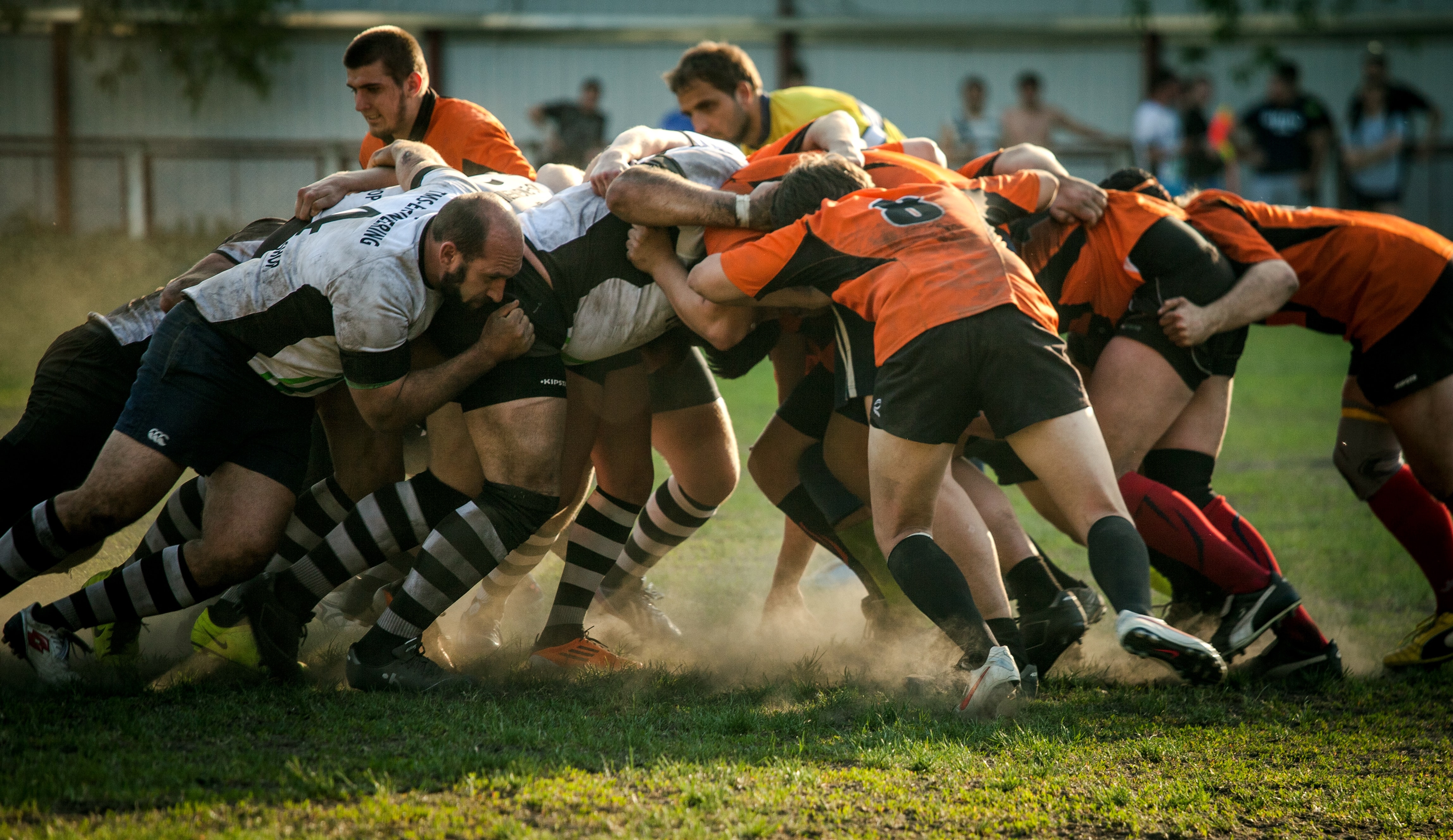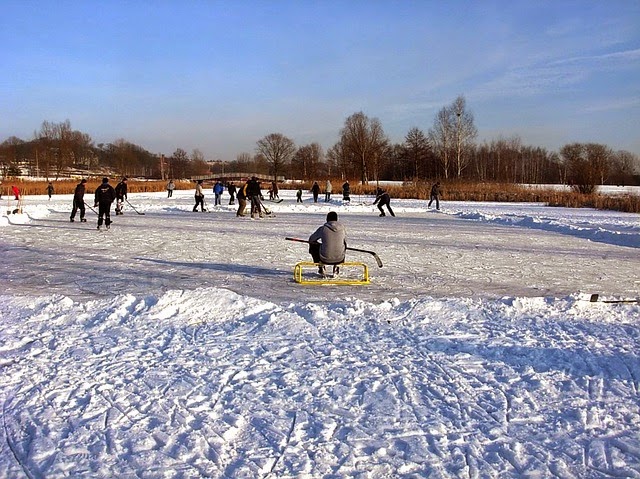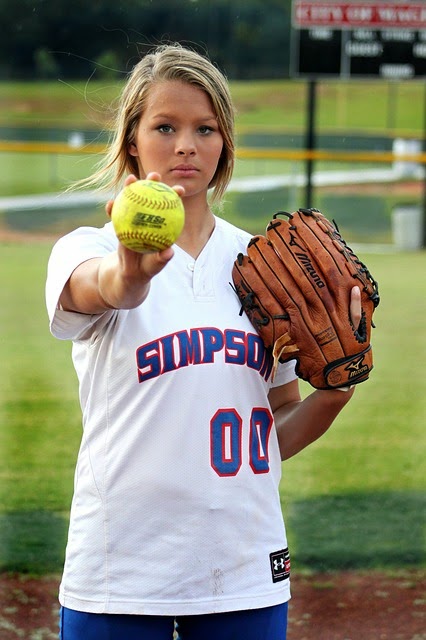How Sports Can Help Your Kids Outsmart Everyone Else

This article was inspired by a TIME article I’d read long ago, that written by Jon Wertheim and Tobias Moskowitz, and titled “How Sports Can Help Your Kids Outsmart Everyone Else” (I’ve linked that so you can read it for yourself). I probably like the subtitle even more, though, as in “The playing field provides the ideal context for learning fractions, probability, equations, risk assessment, principles of finance, behavioral economics and even multi-variable calculus”.

As just a brief aside… The tide goes one way then the other in this discussion, with a batch of folks flooding social media sites on the Internet, suggesting a kzillion things are wrong with North American sports, with each of those guys or gals offering that he or she has the answer — in a new book, in a new (politically correct) program, or in a speech he or she would like to make to your organization. They even toss around the same, worn out studies suggesting that kids quit sports, left and right, for reasons that just so happened to fit the topic of their book program or speech.
Thank God, though, that such types seem to shrink into the background as a couple of things start happening… First, others in the groups or forums begin fighting back. Secondly, a whole bunch of more positive articles start coming to the surface…
One positive approach I recall was “Developing Resilience Through Your Child’s Sport“, where Anthony Ross, a sports psychologist and a former professional tennis player says, “Your child’s difficult sport experiences also provide the necessary vaccines that help him develop resilience to face future life challenges.” (Read that article if you can, because there’s much more good fodder there.)
“Hockey to the Workplace: 10 Transferable Competencies” is simply awesome, in noticing ten abilities that athletes are so often able to transfer from their sport training to their later workplace. And, while that might have been about ice hockey, I’ll suggest that most team sports teach the same competencies.
It gets better… For, the next one is about Cornell University researchers finding that “Playing High School Varsity Sports May Help Make Players Winners in Business“.
Darn, but one coming from Forbes, of all places, is no longer available. However, I did find it elsewhere, as its author David K Williams offers “Why You Should Fill Your Company With Athletes“. Ya, the feature writer for Forbes was recommending former athletes — rather than the magnum cum whomevers. Williams’ reasons? Well, here goes:

- They have the drive to practice a task rigorously, relentlessly, and even in the midst of failure until they succeed.
- Athletes achieve their goals. If one avenue is blocked, they find another path to success.
- Athletes develop new skills. Even though an athlete is highly specialized at certain skills, such as speed, blocking, or hand-eye coordination, they are also good at adapting to scenarios that call for cross-functional skills.
- Athletes are exceptional entrepreneurs. As you consider new hires, you will likely discover that business athletes are often former (or current) entrepreneurs. Whereas people from large corporate environments may tend to be specialized in their skills and single-minded in their objectives, a business athlete is equipped to see the bigger vision of all that goes into making a company thrive.
- Athletes strive for balance. Too much junk food and too little sleep will not contribute to a healthy company or a winning performance.
- Athletes work well with partners and in teams. Athletes know how to leverage the unique and complementary strengths of each member of their team. They know that cutting down a teammate or disrespecting a partner will only contribute to an organization’s demise. In fact, an athlete will typically put the needs of the team or a partner on equal par or even ahead of their own needs.
Then, if that isn’t enough, here are a couple of personal stories…

A lot of years ago, we had to attend the traditional teachers’ conference at our grandson’s school. His second grade teacher seemed a crotchety old lady who wasn’t happy to be there, or even happy to be doing what she was doing. Anyway, she ultimately got around to complaining that all our little guy ever read were sports books. Hmmmmmm… If you’re thinking along with me here, you might be asking yourself whether it was better that he be into reading something rather than nothing. I hope you did, because that’s exactly the way I said it to her. Only I added more, in that he devoured about all he could find on his favorite subject, and… He also wanted to know where the various sport team cities were — think geography here, and he also seemed to expand his vocabulary by emulating the expressions used by sport broadcasters. In the end, the old battleax actually seemed to agree with me (or, she was too worn out to argue).

A year or so later, I noticed some other things as we drove from Massachusetts to a brief vacation at Walt Disney World in Orlando, Florida. As we prepared for the trip, I found my grandson was fascinated by his grandmother and I going over the driving route. So, I made a copy of the map for him, and I gave him a marker so that he could keep track of our progress heading south. (Want to avoid ye ole “Are we there yet?” question? Do as I did, and let your youngster/s see exactly how close — or far away — you really are to your destination.) Of course, the little guy also had to frequently ask if we were near a baseball or hockey city as we motored from state to state. You know that he was getting a whole lot more than geography from that trip, too, as he made the mileage countdown from city to city — “250 miles to Richmond”, “150 miles to Richmond”…
Lastly, I want to suggest something that I’ve never heard mentioned anywhere else… I mean, a lot of our kids get into sports at a young age, and they’re subjected to challenges the typical classroom student never gets to experience. For example, there are a lot of strategies young baseball players have to learn — like processing a coach’s signals, as well as needing to deal with lots of rules that have to be held in their heads during the game actions — like the number of outs, the count on the batter, and more. It might be even more difficult as a member of a young hockey team, where the action keeps going, and the kids need to process very different kinds of rules and strategies. Anyway, as I said earlier, the young athlete’s mind might be developing at a far greater rate and in a far greater capacity than does that of the typical classroom student.
Oh, and when someone tries to give you the guilties because your son or daughter loves a sport, remember some of this ammo, huh?
PS: For those who might find this interesting, I did a post for my old CoachChic.com site a few years ago on the subject of “Thinking Ahead For that College Hockey Scholarship“. That site went down before I could save all the articles, but I will try to do what I can to resurrect that for my members. It was a pretty good one.
Back when Chuck and his teammates were Mites and Squirts (sigh), they used to ask what city/state they were in, and one kid checked out all the license plates to see how many states he could spot. Another outstanding article, Coach.
Thank you so much for the kind words, Mary! And, we obviously know what the other is talking about.